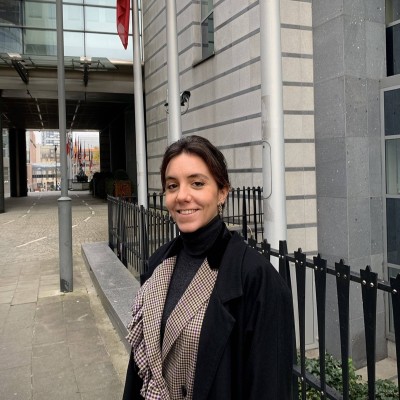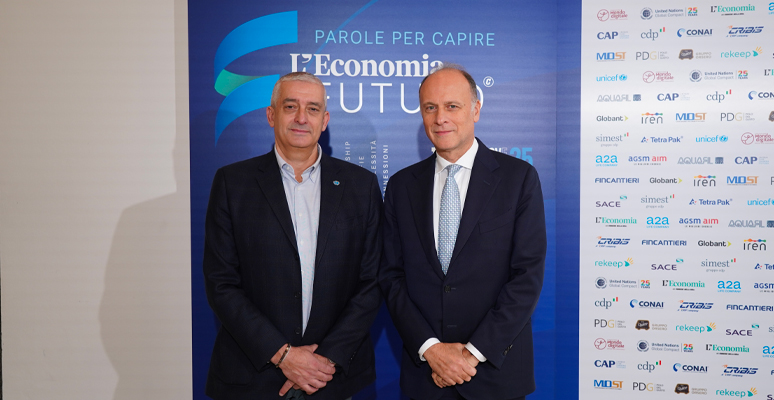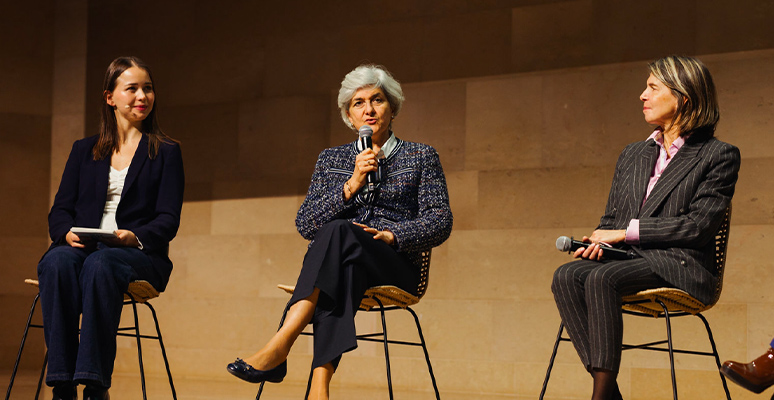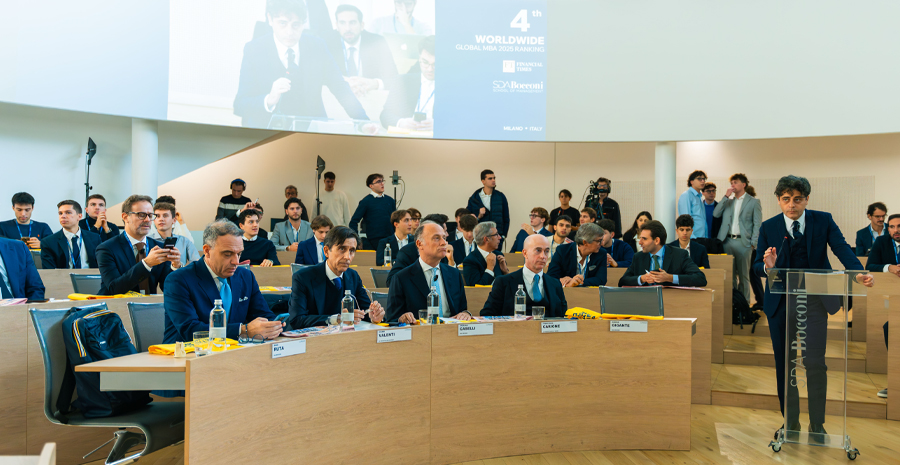MAMA ALUMNI STORIES | The story of Domizia del Gallo di Roccagiovine
Domizia always had a passion for art; prior to starting MAMA, she was working for an art consultancy providing compliance and business services for the art market participants. Thanks to the expertise she gained during the Master, she worked as Cultural and Political Communication Officer for the European Historic Houses Association, managing the increasingly important task of shaping people’s perception of their cultural heritage – a role that can only grow in importance in today’s world. She is now part of the Junior Team of FOROF, assisting in contact with the public, space management and events organization.
How would you describe your previous job before taking MAMA? What has changed now? How is your current new job?
During MAMA, I worked for six months at Corinth Consulting Ltd, an Art Consultancy that provides Global AML compliance and business services assisting Art Market Participants in following their AML obligations. This experience allowed me to understand the fundamental role of the EU in the fight against money laundering and the different interpretations of its directives within the Member States. I was responsible for artistic and legal research, and I oversaw partner research, especially for the Italian market. I presented our activities and pitched our service, and shared best practices.
Immediately after MAMA, I started working for the European Historic Houses Association as a Cultural and Political Communication Officer. Among my tasks, I had the chance to work in EU project consortiums that the association takes part in as a Communication Officer, share the best practices, manage brand recognition and communication, and cultivate our relationship with our members. I challenged myself with complex yet achievable goals by working together with owners and experts in a wide range of sectors that merge culture and European policymaking.
My job at EHH has changed my life. Being at the epicenter of European institutions and associations has allowed me to look at the working world from a different point of view. Indeed, having worked in a legal consultancy and previously in a law firm has prepared me for analyzing European directives and policies. Thanks to the master's degree, I understood the importance of cultural innovation. In a sector like mine, this is fundamental.
Why did you choose MAMA? Why exactly in that moment of your career? What made you decide it was the right moment
Studying History of Art at La Sapienza University, I realized the excellence of the training I could receive. But at the same time, I also realized the lack of practical teaching for a future job. Towards the end of my Bachelor's, I was confident that a course such as MAMA would have given me excellent possibilities for growth and advancement towards a professional future. I found it essential in the historical period we are living in, where museum institutions are focusing more and more on communication and not only on education, that managers and curators have a basis that combines these two needs of our contemporary world. I was hoping to be accepted to this Master's program because I was sure that I would have been one of the most suitable candidates to take full advantage of all the possibilities offered to me. Unfortunately, the older I get, the more I realize that our country does not manage to have an organization suited to the heritage we possess. The great love I have for Italy pushes me to investigate the cultural policies of other countries in the hope that one day I will have the cultural background and necessary "field experience" to be able to make my contribution when I return home.
How was MAMA experience? How do you see yourself changed after the Master? What are the skills and competencies learnt?
Compared to how I approached my work before the Master's, I am more mature and professional. Thanks to MAMA, I can contribute with the knowledge I have acquired during the year. Certainly, such an international Master's taught me how to be in contact with individuals from different nationalities, backgrounds, and working cultures. From a more pragmatic point of view, being in touch with experts in the field has helped me improve my networking skills. At the same time, the number of group projects, modules, exams prepared me to tackle different tasks simultaneously.
What advice will you give to someone who is deciding to take the MAMA? Can you describe MAMA in 3 words? If you could travel back in time, what would you say to the past you before taking MAMA?
International, challenging, enriching: these are my 3 words to describe MAMA.
I would tell myself to be more relaxed. We changed modules and projects every week, and therefore, it was very stressful. Additionally, if I could go back in time, I would be more “brazen”. During the course, we were in contact with experts. It is fundamental to enter the fray, to intervene, and above all, do not be shy!
SDA Bocconi School of Management

Domizia del Gallo di Roccagiovine
SDA Bocconi with UNICEF and Corriere della ...

Regenerating nature can save 50% of the ...

Football Business Forum 2025



